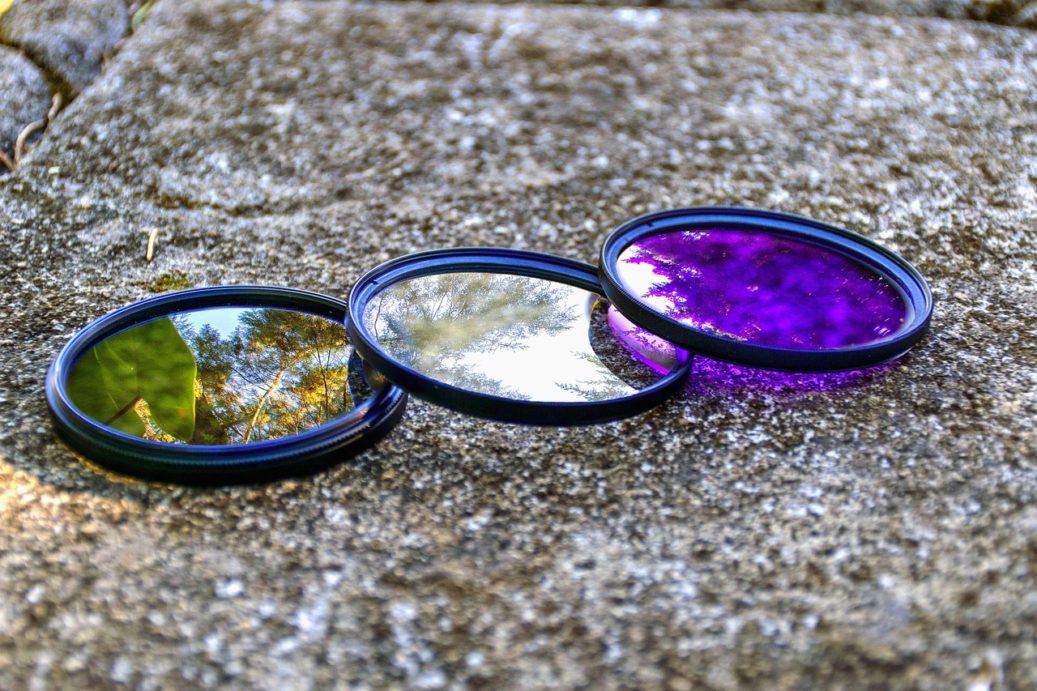Believe it or not, your brain is receiving an enormous amount of data right now. A staggering amount, really. According to scientists, your senses are collecting approximately 11 million bits of data from the environment every second! Researchers estimate that 83% of that sensory information comes through your eyes (which are actually an extension of your brain), 11% comes through your ears, 3.5% through smell, 1.5% through touch, and 1% through taste.
Filters Are Essential To Maintaining Sanity
The problem, of course, is that you cannot possibly pay attention to all of that information. Your processing and storage capacities are limited. The only way you can function without being overwhelmed is to filter the torrent of incoming information and focus your conscious attention on just a few things at a time. People who can’t filter efficiently find themselves on the autism scale—or at least so distractible that they have a hard time staying on task. An inability to filter is connected with PTSD, and even with schizophrenia.
We have to filter to stay sane.
So how does filtering happen? Well, consciously or unconsciously, we assign value to the data that’s being collected. We decide, consciously or unconsciously, that some things are important and some things aren’t. This is our filter. When our filter is in place, we register what’s important, and we ignore what isn’t. When our filter is in place, we can function.
Filters Can Be Dangerous
To be clear, your filter is not the only one that’s in place. Practically everything we see on the internet is being filtered in some way. It is no accident that my newsfeed on Facebook mostly reinforces what I already believe. Facebook makes money from its advertisers by capturing and keeping my attention. Knowing that I will go elsewhere if I don’t like what I see, Facebook delivers posts that are curated to my convictions and tastes.
Google does the same thing. Google has kept a record of everything I have ever searched for, everything I’ve read, and has built a profile that predicts what I want to find. So when I type in a search query, let’s say on a political topic, the search results that I get will be entirely different from those delivered to somebody who holds different political views. That’s why my internet research almost always supports what I already believe.
Now, if I am unaware that the filters are in place— if I refuse to acknowledge that I’m looking through corrective lenses and that other people have different lenses—then I can start to believe that everything I see is objectively true. When that happens, anyone who doesn’t see what I see is suddenly an idiot and probably not a Christian.
If I refuse to acknowledge that I’m looking through corrective lenses and that other people have different lenses—then I can start to believe that everything I see is objectively true.
Filter Enhance Our Lives
Just to recap: a filter can be dangerous if I am unaware of its presence or refuse to acknowledge its existence. But filtering is nonetheless inevitable and essential to my survival.
But filtering is nonetheless inevitable and essential to my survival.
More than that, a good filter that I deliberately install can greatly enhance my life. A porn filter on my computer, for example. Or beyond that, a filter on my thoughts, which is something the Bible strongly recommends:
“Finally, brethren, whatsoever things are true, whatsoever things are honest, whatsoever things are just, whatsoever things are pure, whatsoever things are lovely, whatsoever things are of good report; if there be any virtue, and if there be any praise, things on these things.” (Philippians 4:8 KJV)
About


